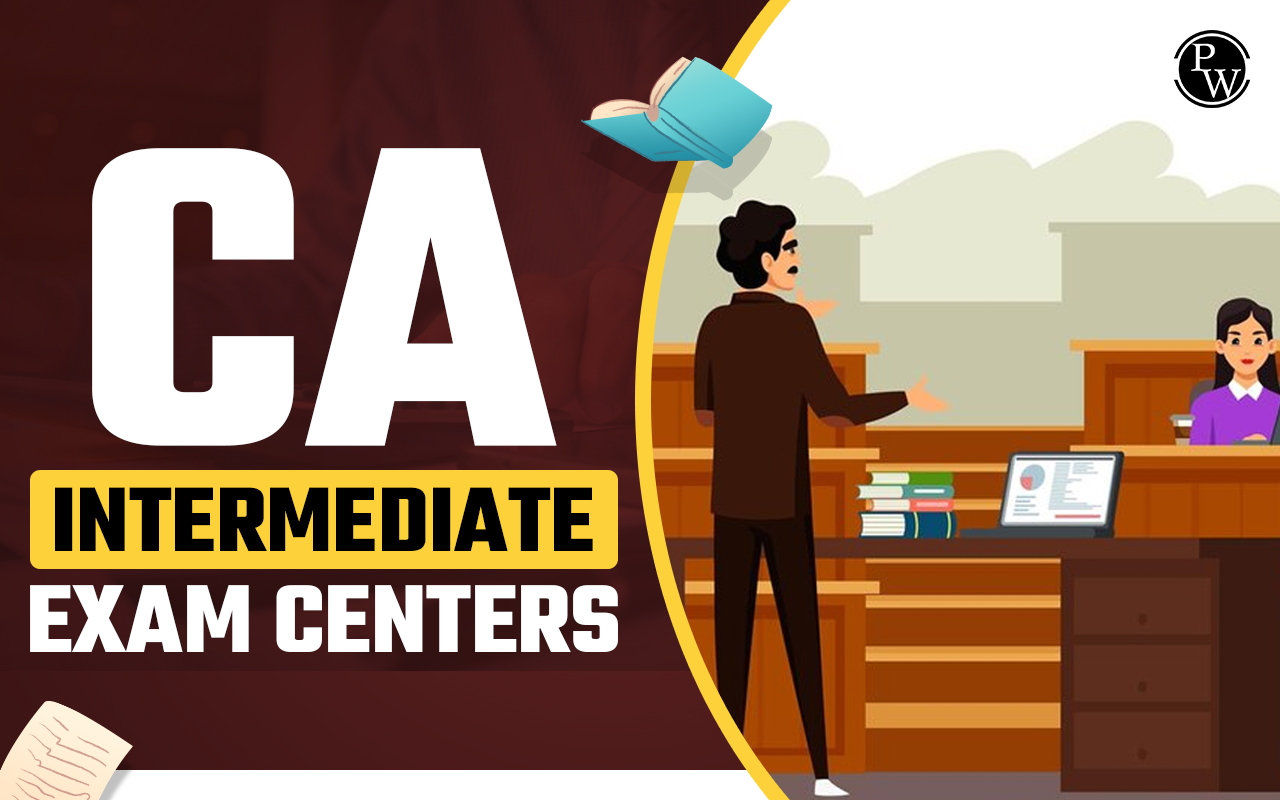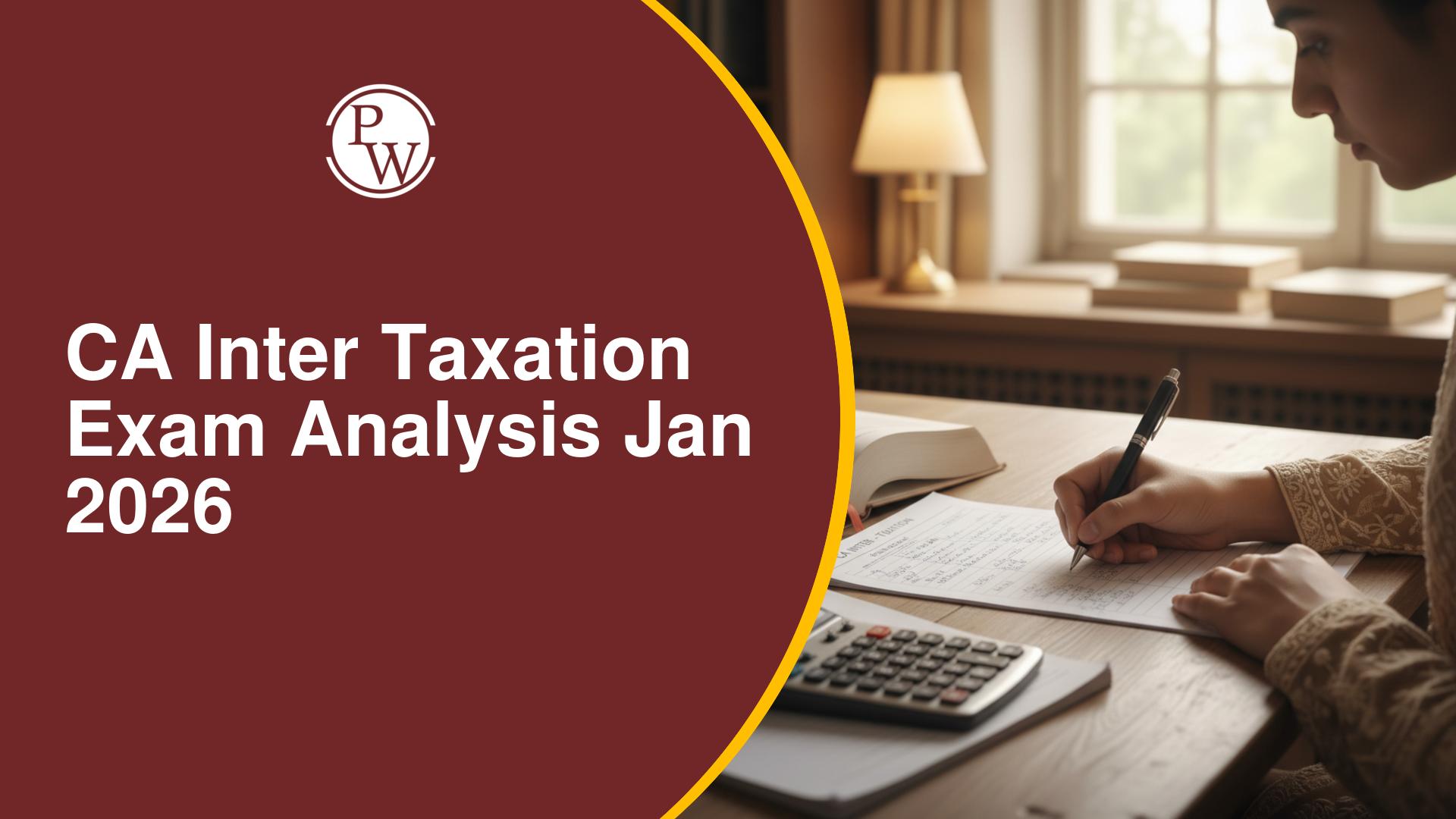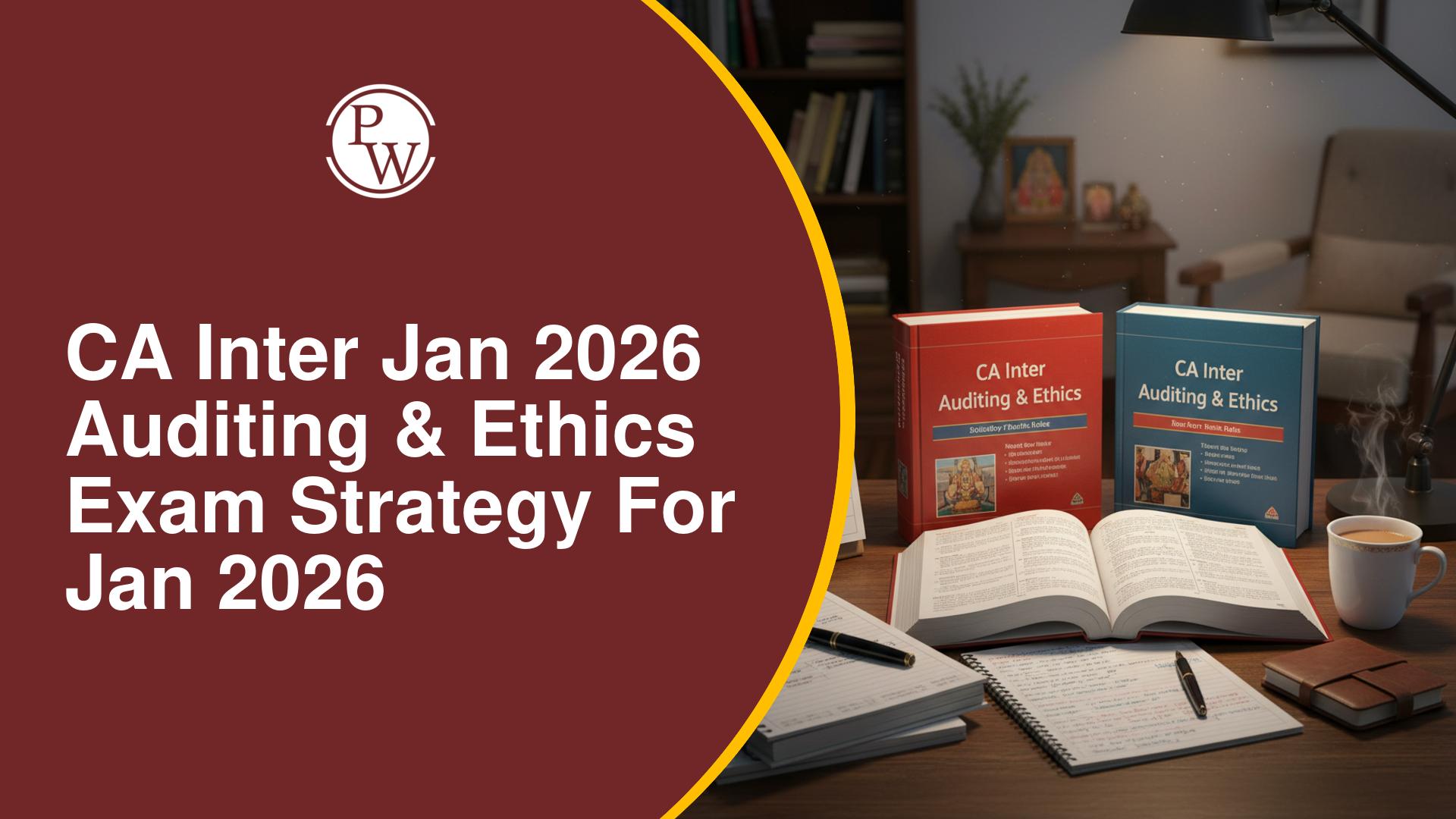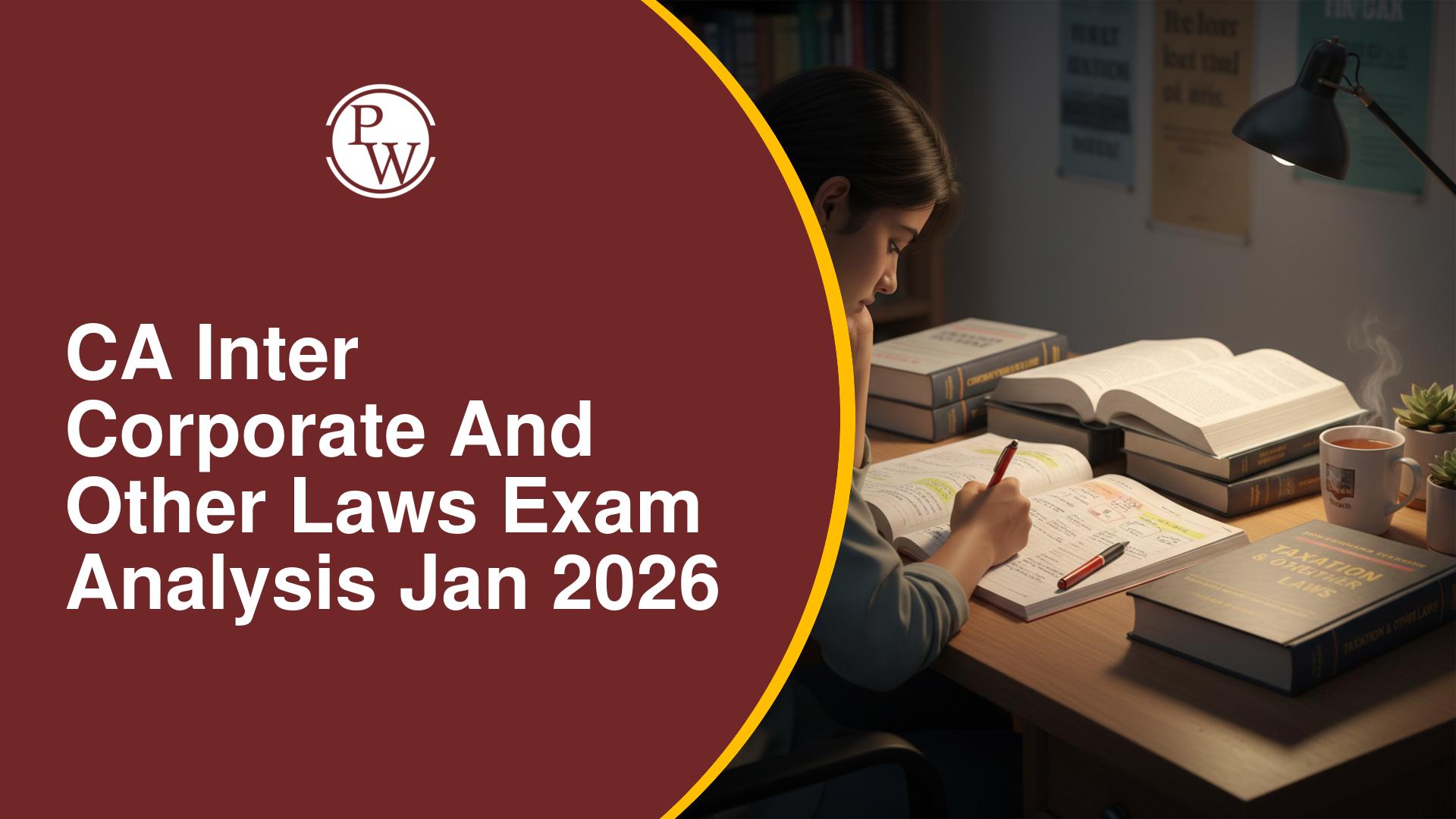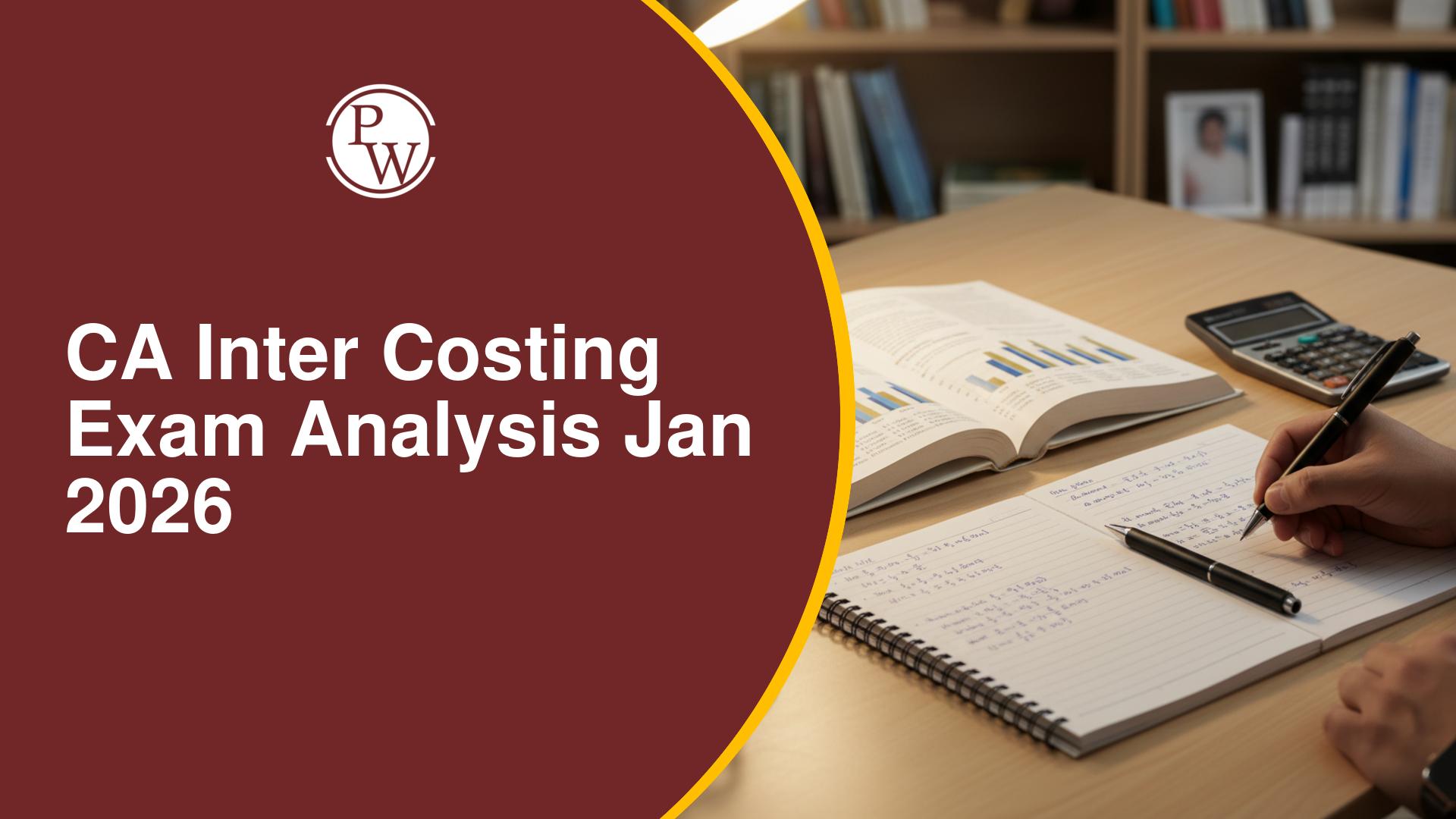
CA Intermediate Group 2: If you're preparing for the CA Inter Group 2 exam in September 2024, this article offers valuable guidance to help you succeed.
We will outline a clear Study Plan for CA Intermediate Group 2, detailing the key topics to study, their mark weightage, and a structured study plan to cover them effectively. To pass the CA Intermediate exams , students must score at least 40% in each subject and achieve a minimum of 50% overall. Following these preparation tips will significantly improve your chances of passing on your first attempt.CA Intermediate Group 2
Preparing for the CA Intermediate Group 2 exam in September 2024 requires a strategic approach. This article provides a comprehensive plan to guide your studies, including key topics, their mark weightage, and an effective study schedule. To pass, you need to score at least 40% in each subject and 50% overall. Following this preparation strategy will help you focus on the essential areas and improve your chances of success on your first attempt. For further support, explore our detailed study plans for CA Inter Group 1 exams to enhance your overall preparation.Study Plan for CA Intermediate Group 2
The CA Intermediate Group 2 consists of three important subjects that test your in-depth knowledge and understanding. These subjects are Cost and Management Accounting, Auditing and Ethics, and Financial and Strategic Management. Each subject demands specific attention, and a Study Plan for CA Intermediate Group 2 should focus on balancing these topics effectively. Understanding the syllabus, weightage, and time required for each subject is essential to crack this stage successfully.CA Intermediate Group 2: Cost and Management Accounting
Cost and Management Accounting is one of the most practical subjects in Group 2, which requires a thorough understanding of cost behaviors, cost control, and performance evaluation.Module 1:
- Introduction to Cost and Management Accounting : Begin with understanding the fundamentals and significance of cost accounting in business. Focus on terms and principles.
- Material Cost and Employee Cost : Make sure to practice cost sheets and calculations related to these topics.
- Overheads – Absorption Costing Method : Grasp the concept of cost distribution across products and services.
- Activity-Based Costing : This modern approach is important for exam scenarios.
- Cost Sheet : One of the most important topics, ensuring clarity on the format and content.
- Cost Accounting Systems : Understand the systems and their relevance in different industries.
Module 2:
- Unit, Batch, Job, and Process Costing : Practice numerical problems on these topics to ensure accuracy.
- Standard Costing and Marginal Costing : These two are crucial areas that test practical application. Practice variance analysis thoroughly.
- Budget and Budgetary Control : Focus on types of budgets, and how they are used in business control.
CA Intermediate Group 2: Auditing and Assurance
The CA Intermediate Group 2 paper, "Auditing and Assurance," is one of the most anticipated but also challenging subjects. While it may not be the most high-scoring subject, it's crucial to cover every topic thoroughly. Auditing is a core responsibility of a Chartered Accountant, and you will likely perform audits during your practical training after passing the CA Intermediate.|
Topics covered in Auditing & Assurance
|
|
|
Syllabus Modules
|
Chapters
|
|
Module-1
|
Chapter 1: Nature, Objective and Scope of Audit |
| Chapter 2: Audit Strategy, Audit Planning and Audit Programme | |
| Chapter 3: Risk Assessment and Internal Control | |
| Chapter 4: Audit Evidence | |
| Chapter 5: Audit of Items of Financial Statements | |
|
Module-2
|
Chapter 6: Audit Documentation |
| Chapter 7: Completion and Review | |
| Chapter 8: Audit Report | |
| Chapter 9: Special Features of Audit of Different Type of Entities | |
| Chapter 10: Audit of Banks | |
| Chapter 11: Ethics and Terms of Audit Engagements | |
- Special audits for entities like clubs, NGOs, partnership firms, educational institutions, hotels, cinema halls, hospitals, and sole proprietorships.
- Vouching and verification of cash, depreciation, tangible and intangible assets.
- Risk assessment and internal control, focusing on audit trail and audit risk.
- Preparation of audit reports covering audit techniques, audit programmes, sampling, continuous audits, engagement letters, and management representation.
- Inherent limitations of audits, operational audits, and detecting fraud and errors.
- Audit documentation and evidence, specifically referencing SA 220 and SA 230.
CA Intermediate Group 2: Financial Management
The subject is split into two main areas: Financial Management and Economics for Finance. Financial Management, which is worth 60 marks, now forms a significant part of the second group, while Economics for Finance, worth 40 marks, complements it.| Topics covered in Financial Management | |
|
Syllabus Modules
|
Chapters
|
|
Module-1
|
Chapter 1: Scope and Objectives of Financial Management |
| Chapter 2: Types of Financing | |
| Chapter 3: Financial Analysis and Planning – Ratio Analysis | |
| Chapter 4: Cost of Capital | |
| Chapter 5: Financing Decisions – Capital Structure | |
| Chapter 6: Financing Decisions – Leverages | |
|
Module-2
|
Chapter 7: Investment Decisions |
| Chapter 8: Dividend Decision | |
| Chapter 9: Management of Working Capital | |
Start with Cash Flow and Fund Flow: These are crucial topics, and you are almost guaranteed to see questions related to them in your exam. Focus on understanding the core concepts and practice questions thoroughly.
Build Confidence with Short Chapters: Move on to a shorter, formula-based chapter like Leverages. If you grasp the concepts well, this chapter becomes one of the easiest to tackle. Understanding the formulas instead of just memorizing them will make it simpler.
Dive into Capital Budgeting: After that, focus on Capital Budgeting. Be sure to prepare for key methods such as Payback Period, PI, ARR, NPV, and IRR. While all methods are important, NPV and IRR often carry more weight in exams, so pay special attention to these.
Study Ratio Analysis: Next, tackle Ratio Analysis, another formula-based topic. Understand the formulas before jumping into solving questions, as this will make the problem-solving process smoother.
Complete Remaining Topics: Finally, cover chapters like Cost of Capital, Leasing, Management of Working Capital, and Capital Structure. Ensure you understand the theory well, as it will provide a strong foundation for solving practical questions.
CA Intermediate Group 2: Strategic Management
This subject is divided into two parts: Information Technology (IT) and Strategic Management (SM). While SM is often viewed as easier and more scoring, IT is known for being more challenging and complex to master.|
Topics Covered in Strategic Management
|
|
|
Syllabus Modules
|
Chapters
|
|
Module-1
|
Chapter 1: Introduction to Strategic Management |
| Chapter 2: Strategic Analysis: External Environment | |
| Chapter 3: Strategic Analysis: Internal Environment | |
| Chapter 4: Strategic Choices | |
| Chapter 5: Strategy Implementation and Evaluation | |
Study Plan for CA Intermediate Group 2 FAQs
What subjects are covered in CA Intermediate Group 2?
What is the minimum passing percentage for CA Intermediate Group 2?
How should I prepare for the Auditing and Assurance paper?
What are the key areas to study in Financial Management for CA Intermediate Group 2?


